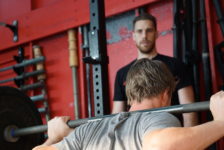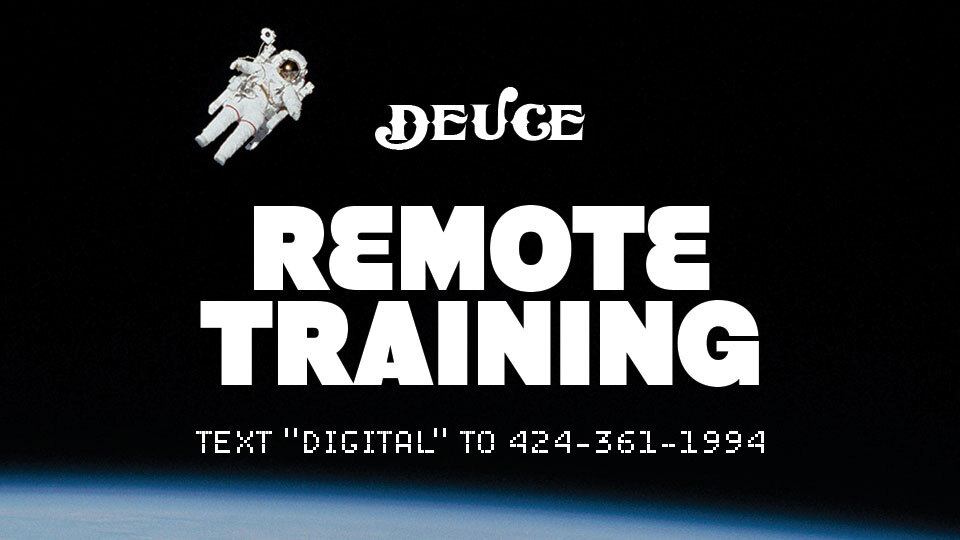
Stereotypically speaking, most civilians are willing lean into the notion of functional training, at least conceptually. Furthermore, they’ll often be willing do so without having a specific definition of what “functional training” might mean in the first place. “Functional training” sounds good. Here in lies the seed for a massive harvest of broken logic.
You see, the same blind attraction to the positive connotation of “functional training” is extended to trendy equipment. For example, the next time you’re at a dinner party you can poll your audience about their thoughts on kettlebells.
“Oh, yea. Those are great!”
“That’s what I need. It’s good holistic, full body training, really, is what it is.”
With the pop culture buzz surrounding “functional training,” the same inferences are made about other alternative implements to load exercise, from sandbags (with handles on them), Turkish clubs, Bosu-versions of anything, and even the mace. Show any lay person a video of someone twirling a mace and they will announce their support emphatically. Whereas, if you went to the same dinner party and began an inquiry regarding your desire to take on barbell-only training, you’d be met with caution and a number of justifications for why “it might be good for some, but I just worry about my back.”
While this logic is clearly broken and affected by the attachment of connotation that kettlebells are good and barbells kill people, I want to take this one step further. I’d argue that these connotations are propped up by an overwhelming feeling that with the barbell, which has the sole benefit of incremental loading and can be made as light or as heavy as needed, exposes personal responsibility. Kettlebells, maces, and sandbags aren’t, in and of themselves, inferior. In fact, any tool can load the body in effective and ineffective ways.
When a press with a barbell has negative connotation and a press with a kettlebell has positive connotation in the minds of the market, we’ve got to wonder why. Since training is about applying measured stress to the body for a desired result, using a tool that can more perfectly load the system, like a barbell, is a more perfect tool by definition. I firmly believe that the argument against the barbell is rooted in the fear, and that kettlebells, maces, novelty sandbags, and anything on a Bosu ball is en vogue, in part, because it is self-limiting. The barbell, however, has a greater likelihood of loading the body properly simply because you can add and subtract weight in the most precise fashion. The kettlebell cannot say the same.
Is it that the market is more open to alternative equipment because it’s safer, or is it the likelihood that alternative equipment is too light to hold them accountable?
Logan Gelbrich
@functionalcoach
10/11/17 WOD
Complete the following for time:
400m Run
25 Power Cleans (135/95)
400m Run
25 Push Jerks
400m Run

